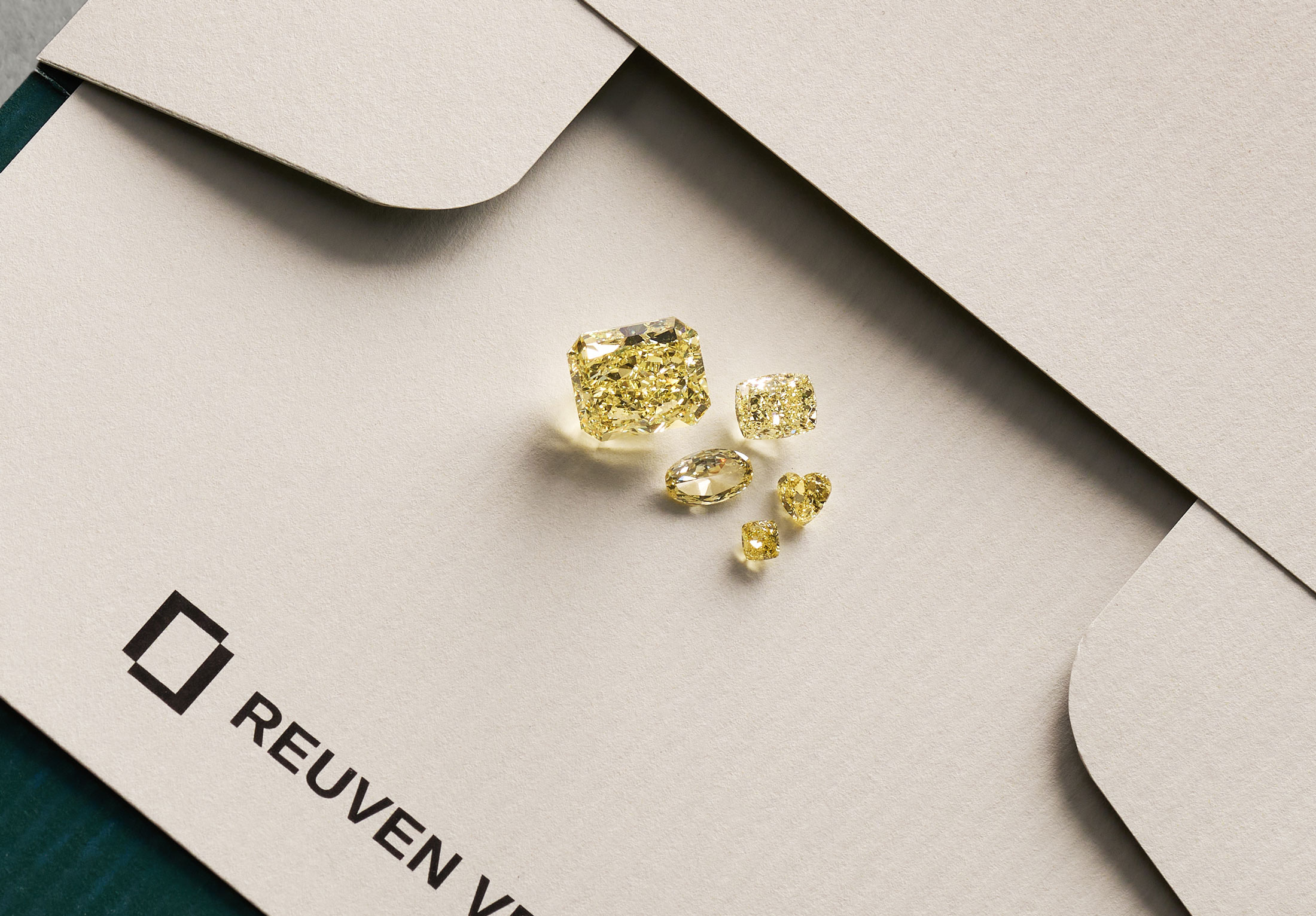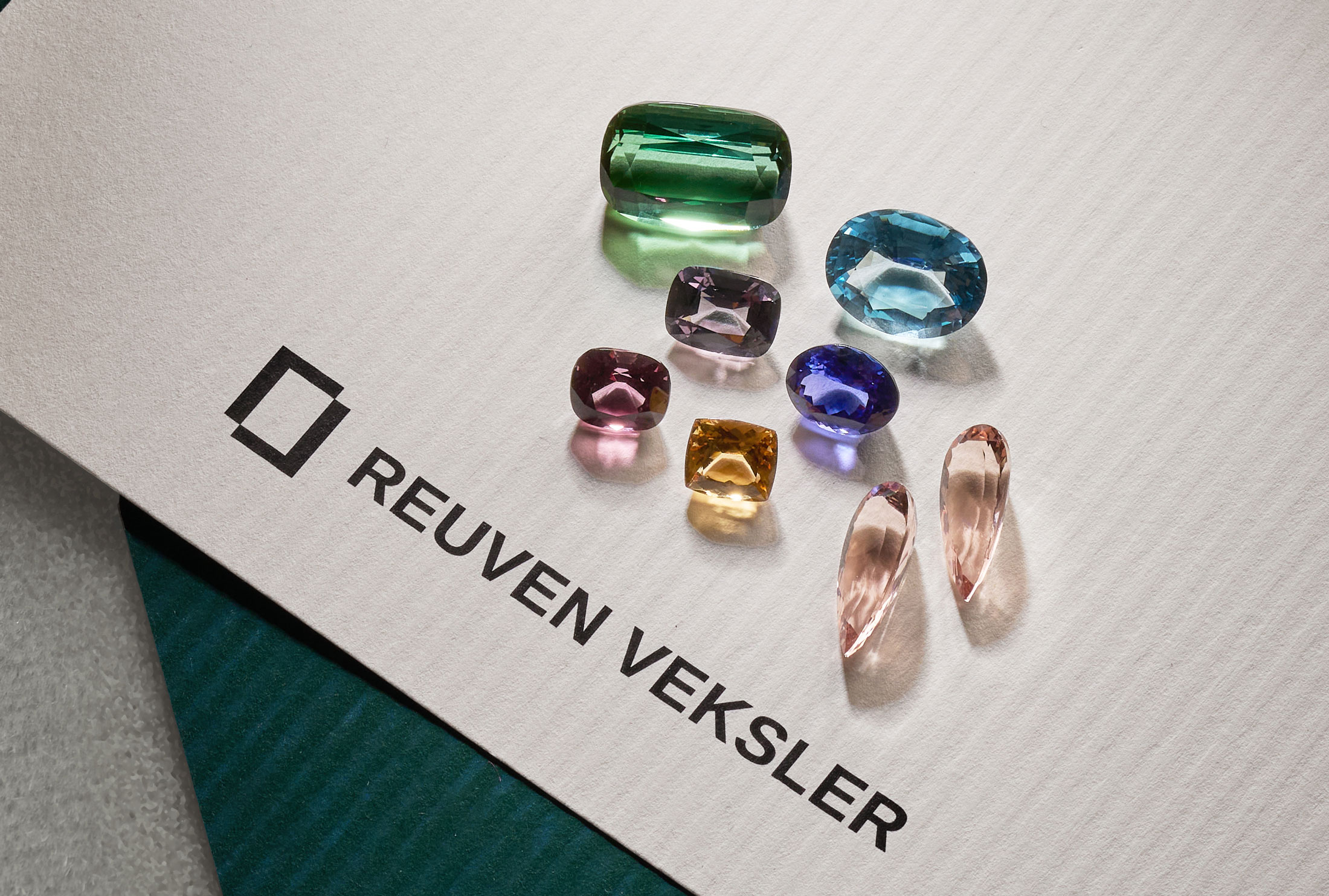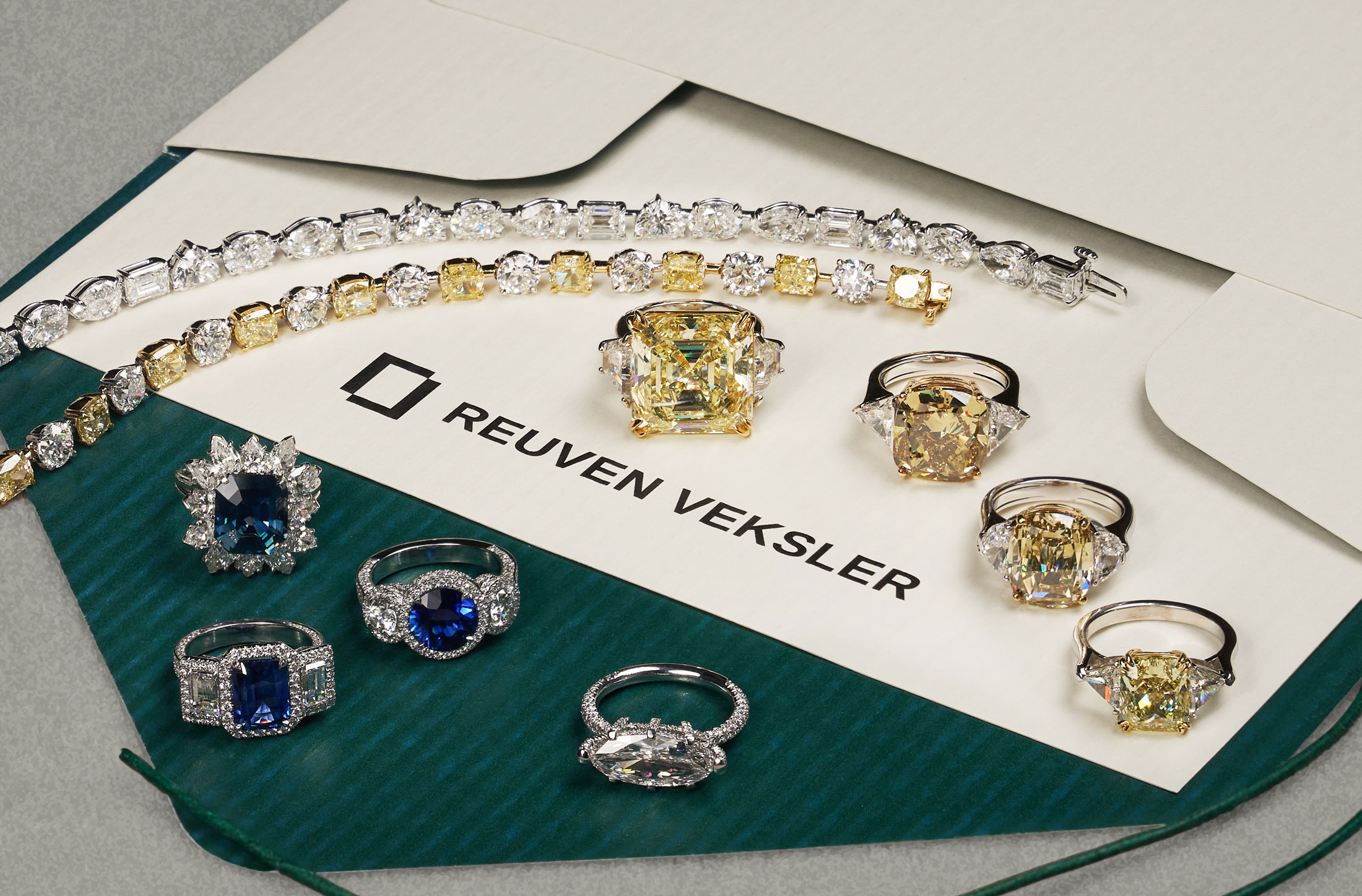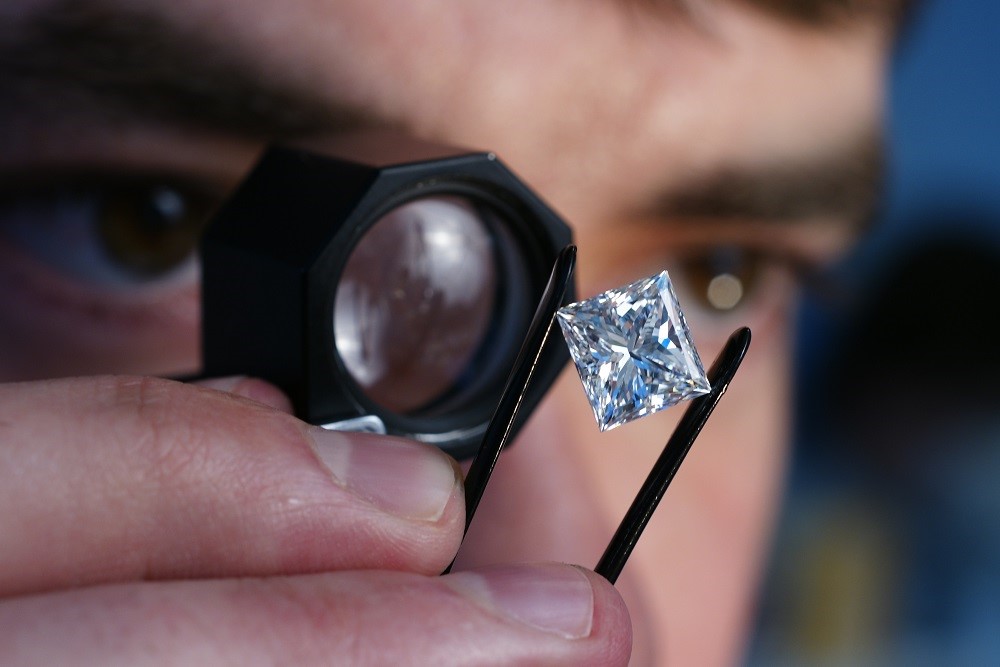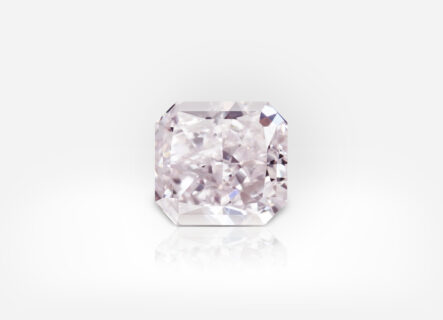IGI certification
The evaluation of diamonds directly affects their cost and value. There are many different experts in the world who evaluate precious stones. Today we’ll talk about the International Gemological Institute (IGI). This institution provides independent expert evaluation. An IGI certificate aims to be a guarantee that the precious stone has undergone thorough verification for compliance with quality standards. This document is intended to confirm the authenticity and high value of the diamond, which is important when choosing and purchasing a piece of jewelry.
Content
- What is IGI Certification?
- IGI vs. Other Certification Bodies (GIA, GCAL)
- Grading Standards and Process
- Benefits of Choosing IGI Certification
- Potential Drawbacks and Criticisms
- How to Read an IGI Report
- Is IGI Certification Right for You?
What is IGI Certification?
The International Gemological Institute (IGI) is an organization that deals with the evaluation of diamonds and other precious stones. The institution was founded in Belgium in 1975. Initially, it was a small laboratory that expanded over time, and as a result, IGI became a center for diamond evaluation. Today, IGI has branches in various countries around the world, such as the USA, China, India, and others. IGI certificates are recognized worldwide.
Innovations
In its work, IGI uses advanced technologies and innovations that allow for comprehensive research and accurate evaluation. The institute is equipped with modern equipment, powerful microscopes, spectrometers, and other instruments used to analyze diamonds. Each year, the institution invests in the development of the laboratory, in new equipment, in new developments capable of improving the evaluation methods used.
Evaluation parameters
The International Gemological Institute IGI evaluates diamonds according to the standard four parameters, also known as the “4C”:
- Cut. This parameter is evaluated in terms of proportion analysis, symmetry, and polish quality. The IGI evaluation scale in this segment ranges from “Ideal” to “Poor.”
- Color. An important parameter of a diamond is its color. In expert evaluation, designations from D (colorless) to Z (yellow) are used.
- Clarity. A diamond can be “Flawless” or may have inclusions (defects). In such a case, the diamond will receive an “Included” mark.
- Carats. Weight is the main characteristic of a diamond that directly affects the price of the precious stone.
The evaluation of a diamond according to these parameters is relevant for both natural stones and laboratory-grown diamonds. It is worth noting that the modern trend is that laboratory-grown diamonds are in no way inferior to natural diamonds. And their quality and value are proven by IGI certification.
IGI vs. Other Certification Bodies (GIA, GCAL)
The International Gemological Institute (IGI) is one of the many diamond certification centers in the world. However, this institution is not the only one in the world. There are other certification bodies of no less importance. For example, the Gemological Institute of America (GIA) and the Gem Certification & Assurance Lab (GCAL).
The Gemological Institute of America (GIA) enjoys enormous respect and trust worldwide. GIA’s diamond evaluation standards are very strict, and the results are indisputable and accurate. GIA occupies the top positions among evaluators in the diamond industry. IGI has some advantages over GIA, but it also faces criticisms and comparisons. Let’s consider what they are.
| Characteristics | IGI | GIA |
| Completion time | Suspiciously fast | Longer |
| Cost of services | Economical | High cost for super quality |
| Applied evaluation standards | Reliable | Strict |
| Popularity | Higher among laboratory-grown diamonds | High – among natural diamonds |
If we compare IGI with the Gem Certification & Assurance Lab (GCAL), which is also a popular certification institution, GCAL differs only in that it provides a unique additional service of laser engraving.
- Important! Some specialists assert that among the presented diamond certification bodies, GIA holds the primacy. IGI continues to improve its standards, technology, methodology, and the accuracy of the evaluation performed, but it still faces scrutiny and criticism.
Grading Standards and Process
According to IGI standards, the diamond evaluation procedure takes place in several stages. Now we will examine the designated process in more detail.
- Receipt of the diamond at the institute. Any diamond is an item of strict accounting, so it is mandatory to register it, and the stone is assigned a unique number.
- Preliminary evaluation. This is an overview analysis that determines the weight of the diamond and the features of its cut.
- Main analysis. At this stage, the diamond is deeply studied, particularly in terms of its clarity and color. To obtain accurate results, advanced technologies and special evaluation methods are used.
- Multiple evaluation – a comprehensive analysis that takes into account different opinions of different gemologist specialists.
- Laser printing – a separate procedure performed in certain cases, allowing the identification of the studied diamond.
- Preparation of a report with the results of the conducted research. It contains the main indicators of the IGI analysis and represents great value for sellers and buyers of precious stones.
Benefits of Choosing IGI Certification
Examining the features of the work of the International Gemological Institute (IGI), we will highlight the advantages of this organization:
- Operational efficiency. IGI is characterized by fast evaluation times compared to other diamond certification bodies.
- Financial accessibility. The cost of IGI services is low, especially if compared to GIA. However, the quality of the analysis is at the highest level.
- Great popularity. IGI reports are recognized worldwide. And this means that diamonds certified by IGI can be easily sold and bought anywhere in the world.
IGI is one of the few institutions in the world that deals with the evaluation of laboratory-grown diamonds. The institute uses a consistent, reliable evaluation system that allows for the assessment and determination of the real value of a laboratory-created diamond, not natural.
Potential Drawbacks and Criticisms
Many specialists in the field of diamond evaluation believe that the International Gemological Institute is not as strict in its evaluations as other organizations issuing international certificates. Some argue that IGI’s standards may not be as rigorous, leading to potential inconsistencies in diamond grading. Additionally, the subjectivity in diamond evaluation can lead to variations in grading, which may affect the perceived value of the diamond.
While subjectivity in the evaluation of diamonds is normal, “rounding up” can sometimes have a significant influence on the assignment of a gemstone to a particular category. This can lead to discrepancies in the cost of the gemstone, raising questions about the reliability of IGI certification. Despite being a well-known institute, IGI’s practices have been a subject of debate among industry experts.
How to Read an IGI Report
When planning to purchase a diamond certified by IGI, it is necessary to learn how to read and understand the diamond evaluation report. This document contains complete information about the precious stone. Buyers should pay attention to the following points:
- The section concerning the cut. It contains information about the symmetry, proportion analysis, and polish of the diamond.
- Color. In the report, it is marked with letters from D to Z. That is, from colorless to yellow.
- Mass of the diamond. In the report, it is indicated in carats.
- Also, the report indicates the clarity characteristic of the stone. It can be Flawless or Included (with various impurities or external defects).
Thus, it is easy to understand the IGI report. Another question is whether this type of certificate is suitable for you for a diamond? Therefore, if you are looking for a simple, reliable, and inexpensive diamond evaluation option, then IGI is the right choice!
Is IGI Certification Right for You?
IGI certification is a crucial element of the diamond industry. This institution guarantees buyers the quality and authenticity of the diamond. The Institute’s reports are recognized worldwide and are an important tool for buyers and sellers of diamonds and precious stones.
However, some buyers and industry experts have raised concerns about the consistency and strictness of IGI’s evaluation standards. While IGI certificates are widely accepted, they may not hold the same level of prestige as certificates from other institutions like GIA.
Some Tips
IGI certification ensures transparency and trust in the international diamond market, which contributes to the stability and efficiency of the industry’s development.
Certainly, buyers of diamonds should look not only at the appearance, style, and originality of the jewelry with the diamond. It is important to pay attention to the presence of a Certificate that confirms the authenticity and quality of the diamond. You should not trust only the brand you have chosen as the main leader for purchasing a particular piece of jewelry. Such expensive items as diamonds must be verified by a world-class leader. Only in this case can you trust the seller and spend significant amounts on stones of incredible beauty.
Also, before purchasing, the following should be done:
- If there is a laser inscription on the item, it should be compared with the data in the report. This inscription should be identical.
- It is good if the diamond has several Certificates. Then the data from different evaluation reports should be compared. There should be no discrepancies.
- A very important point is the clarity of the diamond. An expensive and genuine diamond should not have inclusions and defects.
What a buyer should definitely not do – is to buy diamonds without certification. In fact, a certificate is a guarantee of authenticity and accurate characteristics of the stone. And this guarantee is primarily for the buyer. Buying a stone without a document is like playing roulette. Yes, it’s possible you might find an honest seller whose evaluation of the stone is objective. In practice, this happens extremely rarely.
When purchasing precious stones, always demand a certificate, verify that the description matches the paper and electronic versions, and examine the stone.
If the buyer is not familiar with this topic, it is better to consult professionals for the purchase of any precious stones.


